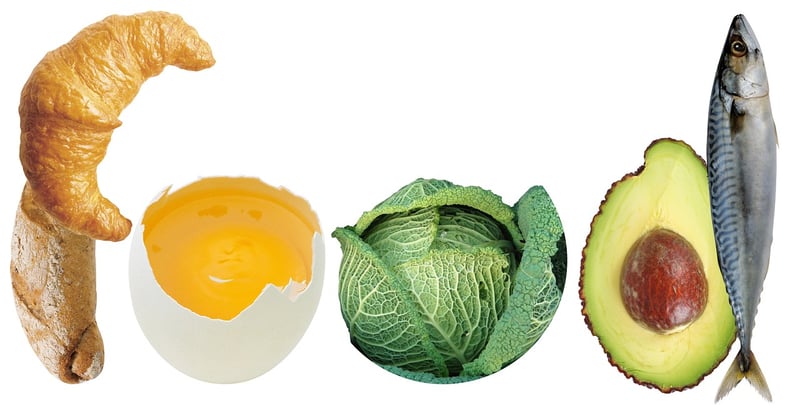Nutrient Deficiencies
Common Plant Issues and Nutrient Deficiencies
Introduction
Plants can sometimes exhibit signs of distress due to a variety of reasons, including nutrient deficiencies. Identifying these issues early on can help in providing the necessary care to ensure the health and vitality of your plants. In this article, we will explore some common plant issues and nutrient deficiencies to watch out for.
Common Plant Issues
Plants can face several issues that can impact their growth and overall well-being. Some common problems include:
- Pests infestation
- Diseases
- Overwatering or underwatering
- Improper lighting conditions
- Poor soil quality
It's essential to address these issues promptly to prevent further damage to your plants.
Nutrient Deficiencies
Plants require various nutrients to thrive, and deficiencies in these nutrients can manifest in visible symptoms. Some common nutrient deficiencies and their signs include:
Nitrogen Deficiency
Signs of nitrogen deficiency include yellowing of older leaves and overall stunted growth.

Phosphorus Deficiency
Plants deficient in phosphorus may exhibit dark green or purple leaves and delayed flowering.

Potassium Deficiency
Potassium deficiency can cause browning and curling of leaf edges, as well as weak stems.

It's important to diagnose and treat nutrient deficiencies promptly to prevent long-term damage to your plants.
Conclusion
By being aware of common plant issues and nutrient deficiencies, you can take proactive steps to maintain the health and vibrancy of your plants. Regular observation, proper care, and timely intervention can go a long way in ensuring your plants thrive.
Remember, healthy plants lead to a more beautiful and productive garden!
